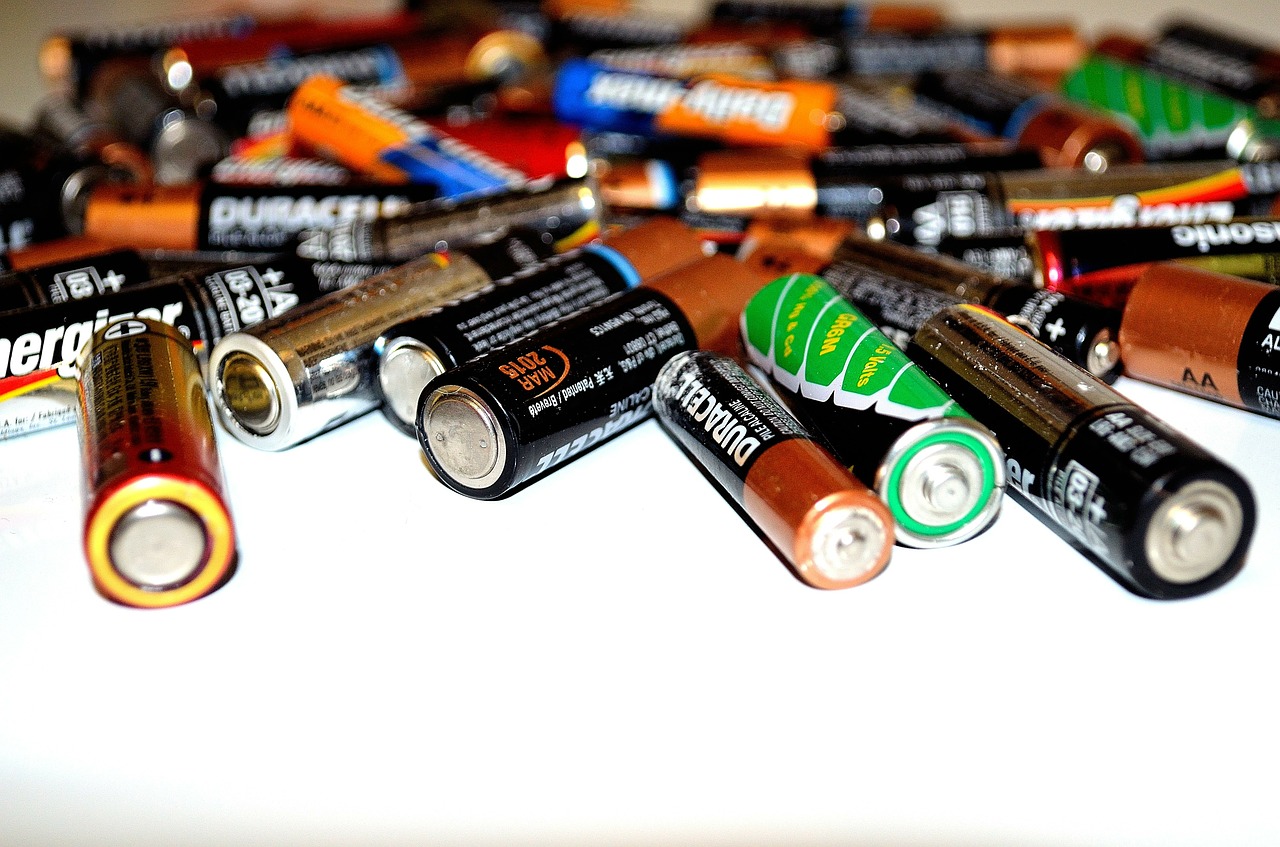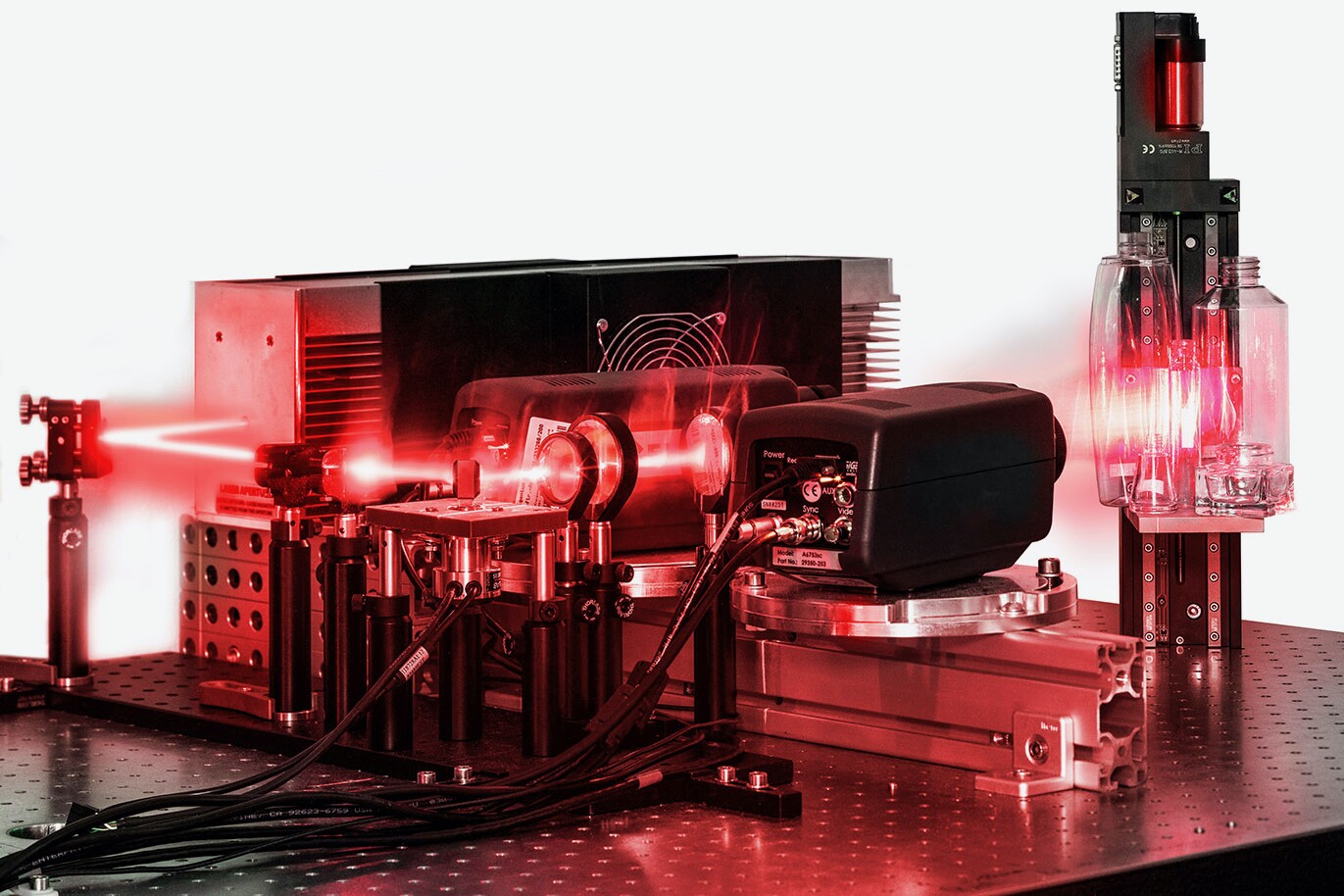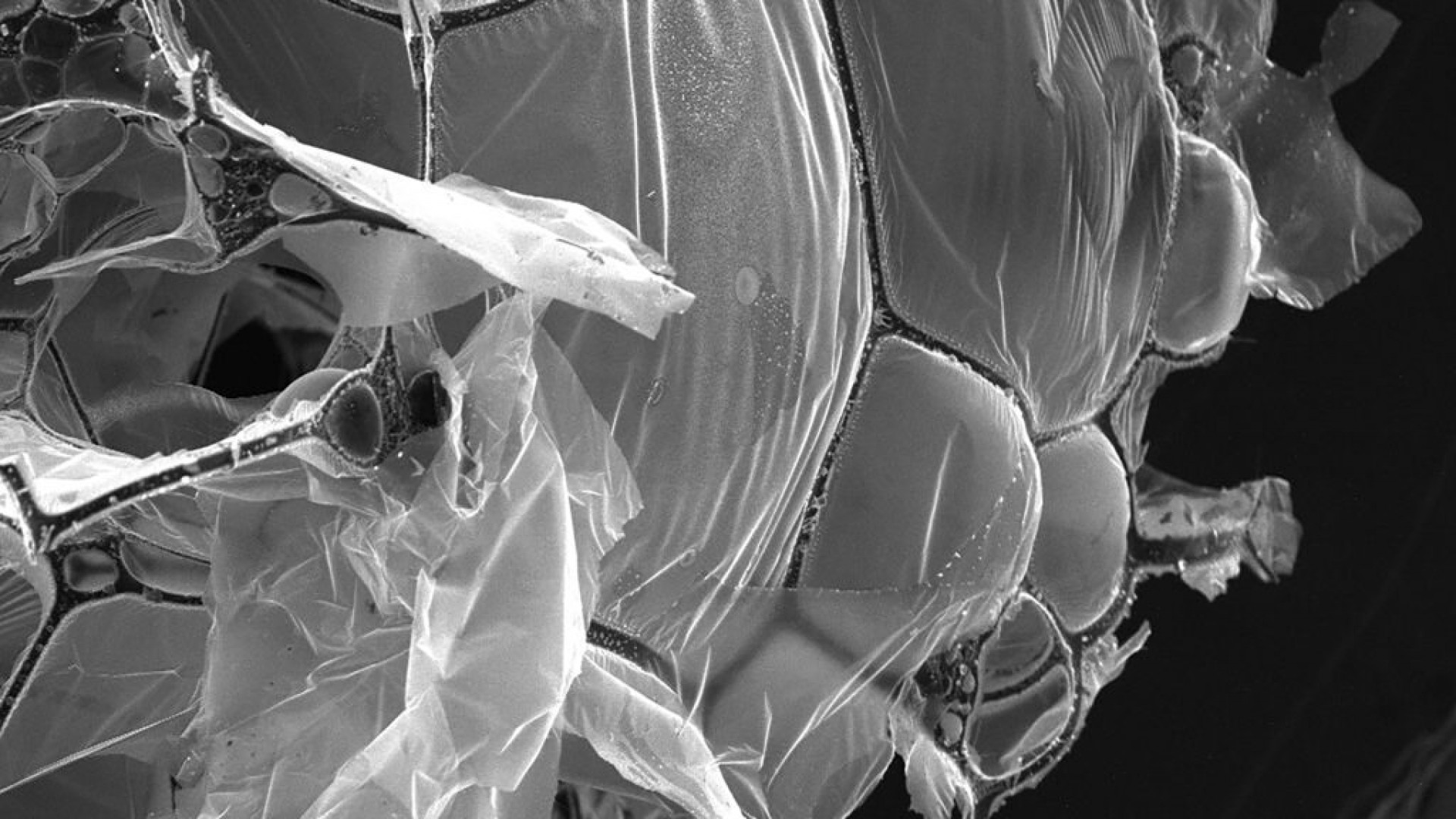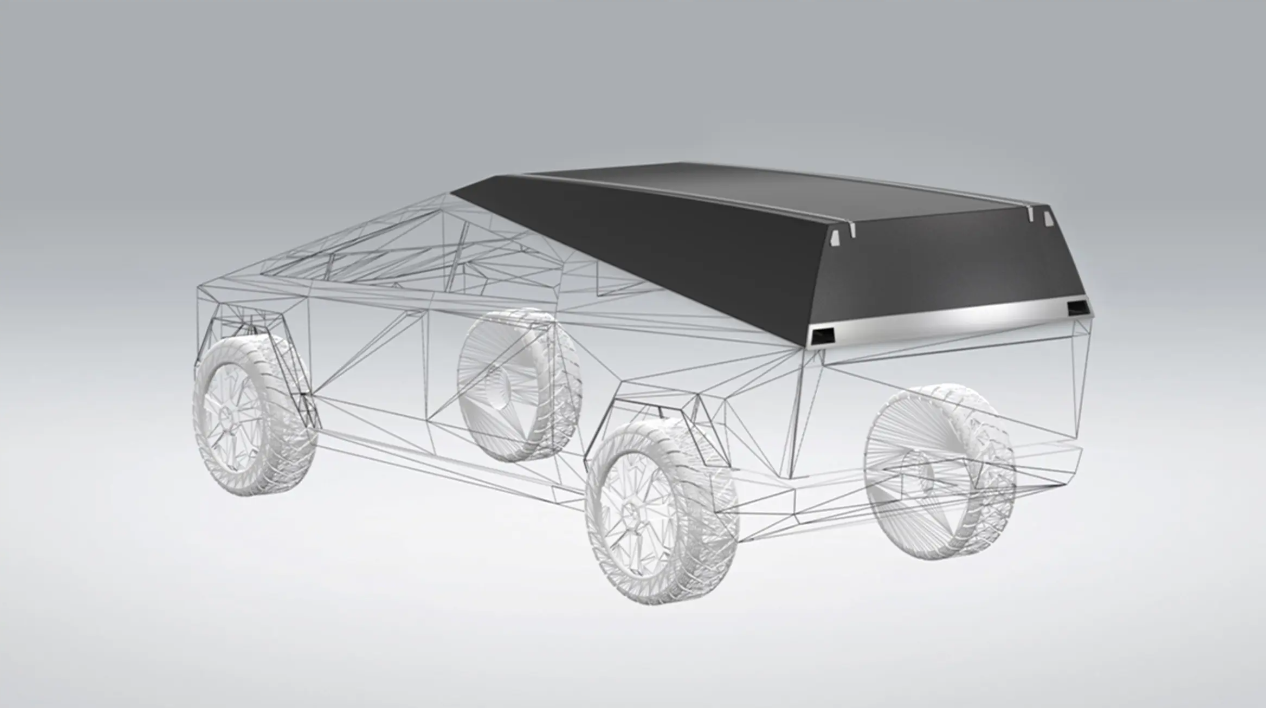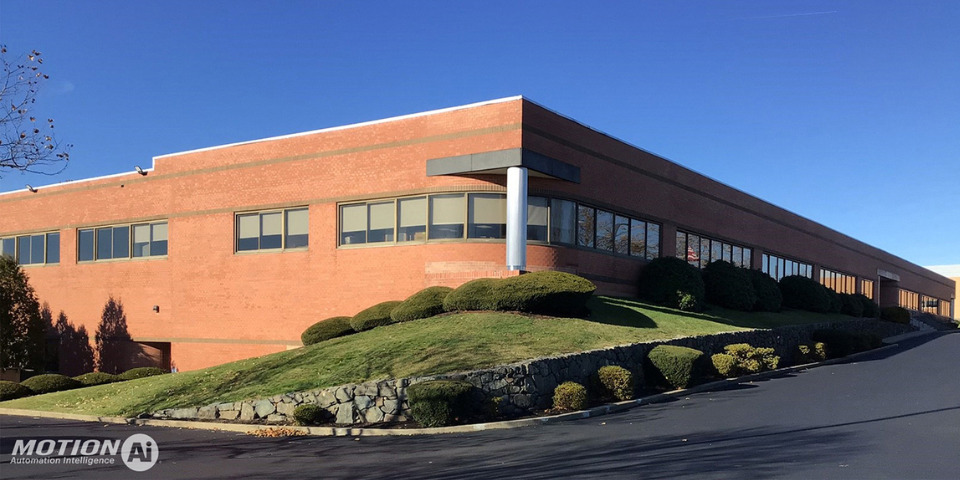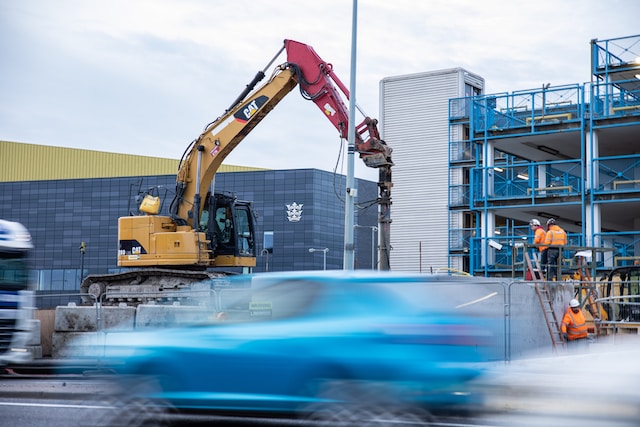‘Standard Energy’, the company behind a hopeful implementation of the vanadium ion battery, has just raised $8.9 million from SoftBank Ventures Asia, reaching a total of $22.5 million. This is practically taking the work of the tech startup from experimenting with proof of concept realizations to actually pushing for real products that will revolutionize the market.
To be fair, Standard Energy has already performed over one million battery testing hours and has proven the feasibility of its pioneering solutions through verifiable tests conducted in certified sites following standard industry procedures. The firm has been working on the vanadium ion battery since 2013 and was founded by researchers from the Korea Advanced Institute of Science and Technology (KAIST) and the Massachusetts Institute of Technology (MIT), so this is not your average “firework” entity.
The investors stated that they have a firm belief in the product, eyeing the Energy Storage Systems market which is currently exploding. ESS is expected to grow up to 450% in size over the next five years, and the current supply is impossible to satisfy the projected demand.
And as for the practical benefits of the vanadium ion cell against the “typical” lithium-ion batteries, Standard Energy promises higher energy, performance, and safety levels. Their downside is the volume, which has to be larger to achieve the same performance numbers as their lithium counterparts.
This is why their creators don’t see them as replacements for the lithium-ion cells, but rather a complementary and inexpensive (vanadium is easy to source) solution that will offer a way out when dealing with shortages or when the applications aren’t critical and/or mobile.
That said, we don’t expect to see vanadium ion batteries in smartphones or cars, but we could see them in renewable energy collection systems, battery packs, EV recharge stations, and anything suited to “stationary” applications. Freeing lithium cells from having to be “wasted” in these applications would be extremely important, and to the benefit of all industry sectors and also the end consumers.

